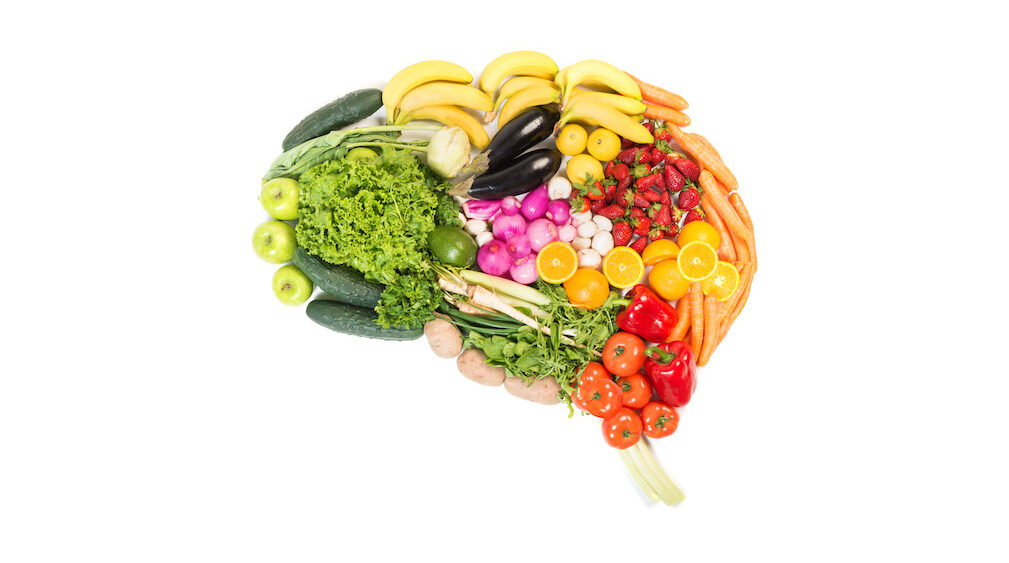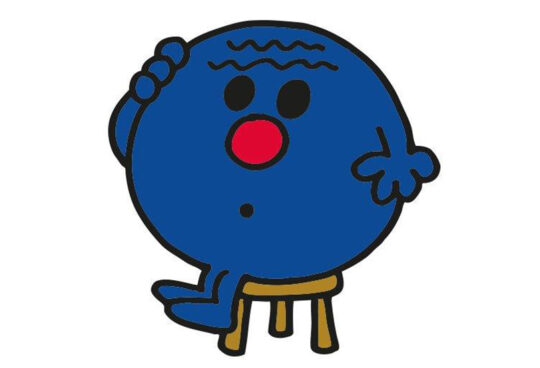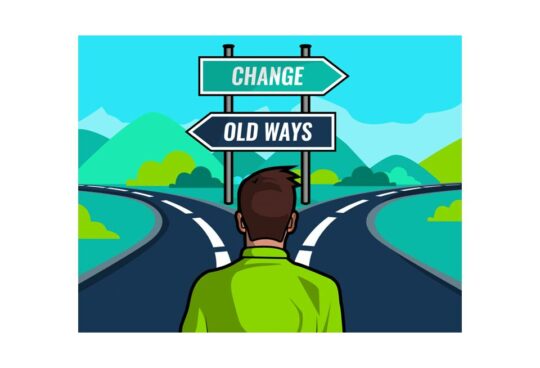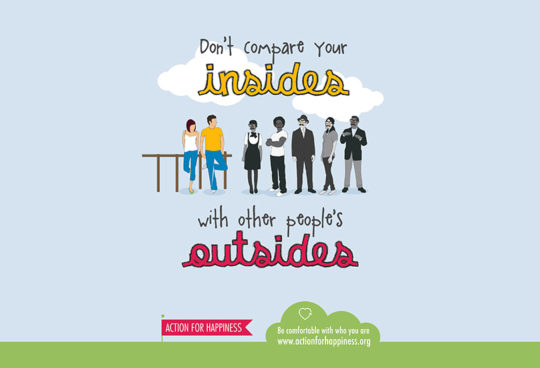Back to Basics
Food and Mood – 1
Sometimes people are surprised to hear me asking about their eating habits or their caffeine intake during their assessment but it is really important to remember that your body and your mind/brain are all one thing. In order to complete a holistic mental health assessment, we need to know what the individual is fuelling their body with as it could be having an effect on their emotional health.
Caffeine
The first thing I tend to ask about is caffeine intake including coffee, tea and fizzy drinks. Often, when people are in stressful situations or feel they aren’t alert enough they turn to the caffeine. Unfortunately, excessive caffeine intake can make the symptoms of stress worse and, sometimes, can even create them. One of my counselling supervisors used to tell me that he once had a client who came to him with the symptoms of anxiety. They explored what was happening and the man did have a stressful job but he had always been able to balance these feelings out. In one session they were trying to look at when he had started to feel that his stress had become overwhelming and he pinpointed a timeframe. He dropped into the conversation that it was around the time that a new coffee shop had recently opened up near his work that he had started to go to regularly. My supervisor asked how much he was drinking and he admitted to up to 10 cups of coffee a day. They talked about whether this could be contributing to his feelings and decided to conduct an experiment in reduction. He started to reduce his intake and also swap some to caffeine free. It turned out, for this client, that this had been the main cause for his anxiety symptoms. This might not be the same for everyone but I always suggest to my clients that they could try to cut down or switch to caffeine free to see whether it helps at all.
Further reading:-
https://bebrainfit.com/caffeine-anxiety/
https://www.psychologytoday.com/blog/progress-not-perfection/201106/i-quit-coffee-cure-my-anxiety
Meals
Clients will often tell me that they are so low that they often can’t be bothered to eat. Again, this causes a vicious cycle as, if we miss meals, our blood sugar levels will fluctuate and this can imitate anxiety or low mood symptoms.
Often the client will say that they haven’t got the effort to cook when they used to be able to with no problems. I will often say that maybe they are looking at the problem with an ‘all or nothing’ viewpoint. I ask what they might say to their best friend if they were feeling ow and didn’t feel up to cooking. They will often then say that they would say their friend should get some healthy microwave meals or sometimes even meal replacement soups and milkshakes. As long as you are getting nutrients and keeping some strength up it doesn’t matter that you can’t cook a three course meal!
Comfort Eating/Sugar
We’ve all heard of the phrase ‘comfort eating’. This is when we eat foods that make us feel better. Normally these foods are high in sugars and they do make us feel better… for a bit. Most of us have heard of the ‘sugar low’ or the ‘sugar crash’. This is when the temporary effect of the sugar wears off and leaves us feeling worse.
You can read the article below for reasons why comfort eating/sugar can worsen symptoms of anxiety or low mood but there is one that is little talked about… weight. We usually have a weight that we are happy with and feel healthy at. If we are going through a difficult time and not looking after ourselves our weight can fluctuate – one way or the other. This can lead us to feeling bad about ourselves and lower our self-esteem which can then trigger us to feel even worse. This can cause the depression spiral effect.
I’m not saying comfort eating is entirely bad – often it does what it says on the tin – but it is only helpful if it is in balance.
Further reading:-






Sorry, the comment form is closed at this time.